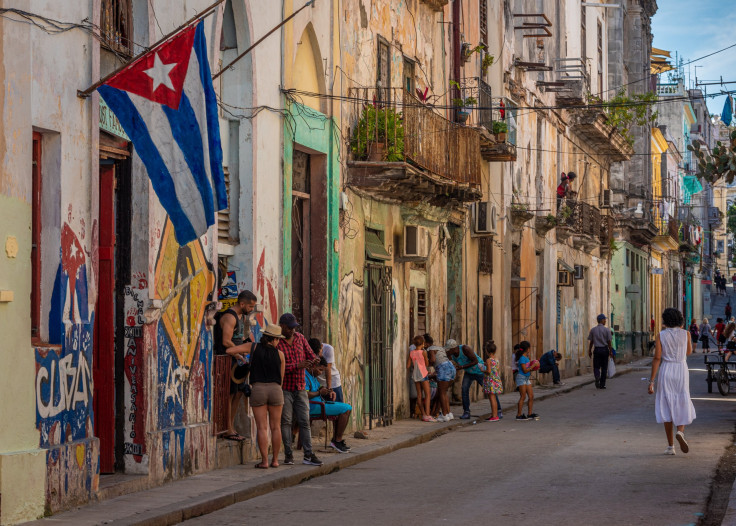
The Cuban government again imposed price caps on some imported foods, heeding warnings from businessmen that this would lead to the halting of their activities, The Miami Herald reported.
Chicken, powdered milk, pasta and other essentials are among the goods reached by the measure, published in the Cuban Gazette. Specifically, it says that the price of chicken parts sold to consumers cannot be higher than 680 Cuban pesos per kilogram, even though wholesale prices are over 700 pesos and a kilogram of chicken thighs can cost over 900 in a private store.
In a meeting with government officials in June, businessmen from the private sector said the price didn't take into account the many taxes and fees they must pay to import goods and resisted the caps.
Officials did suspend custom tariffs for six products, but businessmen said it wasn't enough and warned the measure will exacerbate food shortages.
Such a scenario could further deteriorate Cuba's economic crisis, which has led to an exodus of over 5% of its population over the past three years. Those who have stayed increasingly rely on remittances from abroad and foreign aid to eat. And even with the caps, prices are above what most Cubans earn in the island, considering the average state salary is about 4,000 Cuban pesos, or around $11.
The situation has led to a sharp increase in crime in a country long known for the safety of its streets, Spanish outlet El País reported. The outlet detailed how independent media (that is, not controlled by the government, which has a tight grip on information) is reporting more cases of theft and violence.
"Some might say there have always been violent robberies, murders, killings. But you're seeing more of it today. The country is deteriorated in every aspect, including its values. The economic crisis is impacting all areas of life," Nelson González, a lawyer working in the Cuban judiciary told El País.
The current reality on the ground marks a sharp contrast with Cuba's historical figures, which placed it among the safest countries in the region (that is, without taking into account its widely-known political repression).
Moreover, a digital poll by Cubadata showed that over six in ten people surveyed said they were victims of a crime in 2022. However, less than 15% reported it to the authorities. The government routinely rejects there is an increase in crime and says any such claims are peddled by its detractors.
© 2024 Latin Times. All rights reserved. Do not reproduce without permission.







